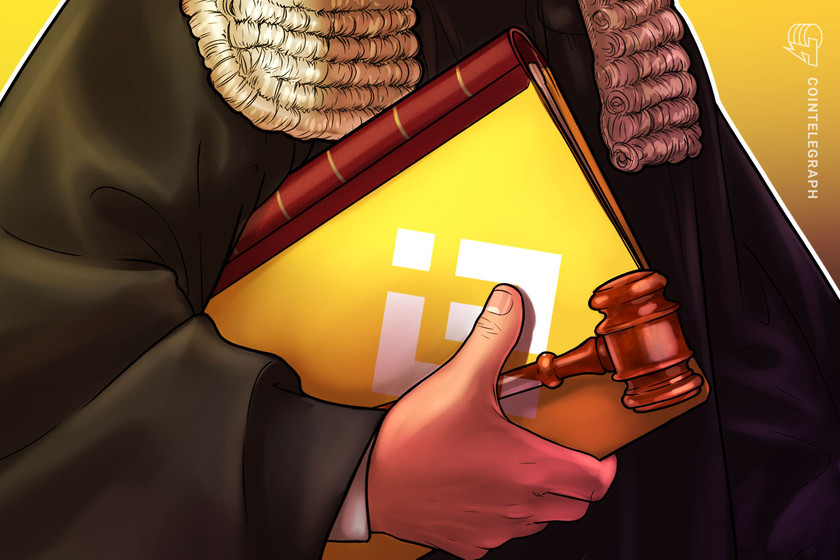Former LDO holder files class-action lawsuit against Lido DAO for crypto losses


The investor claimed that 64% of LDO tokens are controlled by just a few venture capital firms, preventing ordinary investors from having any control over decisions.
An LDO holder initiated a class-action lawsuit against the governing body for liquid staking protocol Lido, according to a complaint filed in a San Francisco United States District Court on Dec. 17. The lawsuit alleges that Lido’s LDO token is an unregistered security and that the Lido decentralized autonomous organization (Lido DAO) is liable for plaintiffs’ losses from the token’s price decline.
Lido is a liquid staking protocol that allows users to delegate their Ether (ETH) to a network of validators and earn staking rewards while also holding a derivative token called stETH that can be used in other applications. It is governed by holders of LDO, which collectively form Lido DAO.
The lawsuit was filed by Andrew Samuels, who resides in Solano County, California, the document states. The defendants are Lido DAO, as well as venture capital firms Paradigm, AH Capital Management, Dragonfly Digital Management and investment management company Robert Ventures. The document alleges that 64% of LDO tokens “are dedicated to the founders and early investors like [these defendants],” and therefore, “ordinary investors like Plaintiffs are unable to exert any meaningful influence on governance issues.”


























